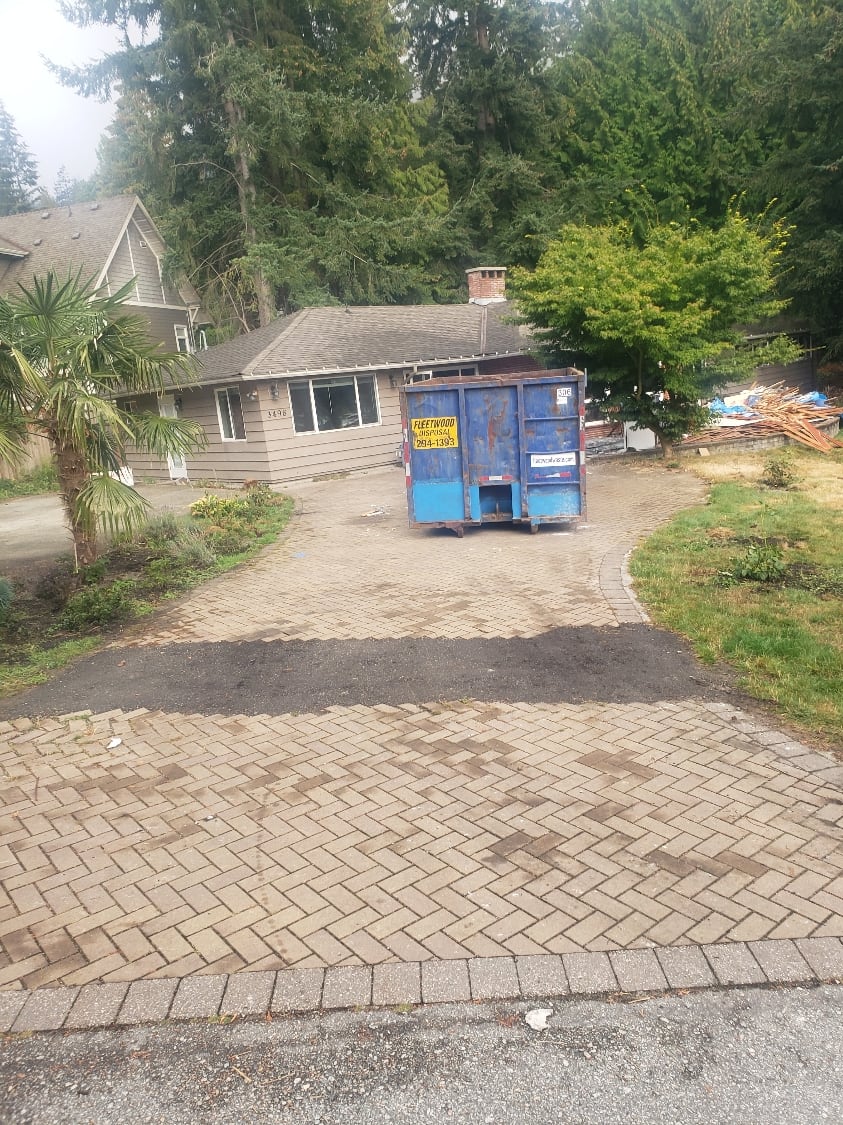
Common Pitfalls Of Disposal Contracts And How They Can Potentially “Screw You Up
Entering into a disposal contract with a waste management company seems like a straightforward transaction aimed at ensuring efficient waste removal. However, without careful consideration and understanding of the terms and conditions, such contracts can sometimes lead to unexpected complications and financial burdens. In this blog post, we’ll explore common pitfalls of disposal contracts and how they can potentially “screw you up,” along with tips for mitigating risks and ensuring a fair agreement.
1. Hidden Fees and Charges
One of the most significant risks associated with disposal contracts is the presence of hidden fees and charges. While the initial terms may seem reasonable, additional fees for excess weight, overfilling, or special waste disposal can quickly escalate costs. These fees may not be clearly outlined in the contract or may be buried in the fine print, catching customers off guard when they receive their invoice.
Tip: Before signing a disposal contract, thoroughly review the terms and conditions, paying close attention to any potential additional charges. Ask the waste management company to explain all fees upfront and request a written estimate of total costs.
2. Contractual Obligations and Restrictions
Disposal contracts often come with specific contractual obligations and restrictions that can limit flexibility and impose unexpected constraints. For example, the contract may stipulate a minimum term commitment or require advance notice for cancellation. Additionally, there may be restrictions on the types of waste accepted or the frequency of service, which could be inconvenient or costly for your needs.
Tip: Carefully review the contract terms and seek clarification on any obligations or restrictions before signing. Negotiate terms that align with your requirements and ensure flexibility in case of changing circumstances.
3. Poor Service Quality and Reliability
Some disposal contracts may promise excellent service quality and reliability but fail to deliver in practice. This could include delays in dumpster delivery and pickup, inadequate customer support, or subpar waste management practices leading to environmental or safety concerns. Poor service quality can disrupt your operations, damage your reputation, and result in frustration and dissatisfaction.
Tip: Research the reputation and track record of the waste management company before signing a disposal contract. Seek recommendations from other customers, read reviews, and inquire about service guarantees or warranties to ensure accountability for service quality.
4. Legal Liability and Indemnification
Disposal contracts often include clauses related to legal liability and indemnification, which can expose you to unforeseen risks and financial liabilities. For example, you may be held responsible for damages or injuries resulting from the waste removal process, even if they are caused by the waste management company’s negligence. Understanding and negotiating these liability provisions is crucial for protecting your interests.
Tip: Consult with legal counsel to review the contract terms and assess potential liabilities. Negotiate indemnification clauses to ensure fair allocation of risk and liability between parties, taking into account your specific circumstances and risk tolerance.
5. Automatic Renewal and Termination Fees
Be wary of disposal contracts that include automatic renewal provisions or hefty termination fees. Automatic renewal clauses may lock you into extended contracts without your explicit consent, making it difficult to switch providers or adjust services as needed. Similarly, termination fees can impose significant financial penalties if you decide to end the contract prematurely.
Tip: Scrutinize automatic renewal and termination provisions in the contract and negotiate for favorable terms, such as the ability to opt-out of automatic renewal or reasonable termination fees. Ensure that you have a clear understanding of the process for ending the contract and any associated costs.
Conclusion
While disposal contracts can provide valuable waste management services, they also pose potential risks if not approached with caution and diligence. By understanding common pitfalls and taking proactive steps to mitigate risks, you can avoid being “screwed up” by a disposal contract. Thoroughly review contract terms, seek transparency on fees and obligations, assess service quality and reliability, and consult with legal experts if needed to ensure a fair and equitable agreement.
For reliable and transparent waste management services without the risks of onerous contracts, contact Fleetwood Waste at 604-294-1393. We prioritize customer satisfaction and transparency in all our agreements, providing peace of mind for your waste disposal needs.

